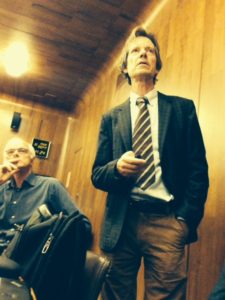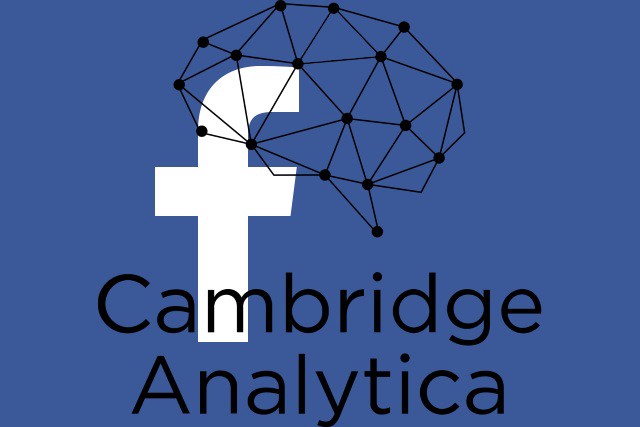We are very happy to announce the launch of the AI for Development Africa project wth IDRC, to support a network of excellence in AI in sub-Saharan Africa to strengthen and develop community scientific and technological excellence in a range of AI-related issue areas.
AI4D Africa is aiming to undertake four interrelated activities and will run for 18 months and result in the establishment of the network, research roadmap, portfolio of innovation projects, and recommendations for capacity building for ethical and locally relevant AI research around the African continent.
The project will draw from the recent IDRC and UNESCO supported mapping and facilitate a bottom-up network/community of researchers who will investigate and recommend how the network/community should shape its research agenda and actions.

Global South ecosystem is the Networks initial scoping study

UNESCO Chair in Artificial Intelligence – John Shawe-Taylor with Dr. Maria Fasli, Professor, University of Exete, UNESCO chair on Data Science and Bhanu Neuphane who is AI Champion at UNESCO






































